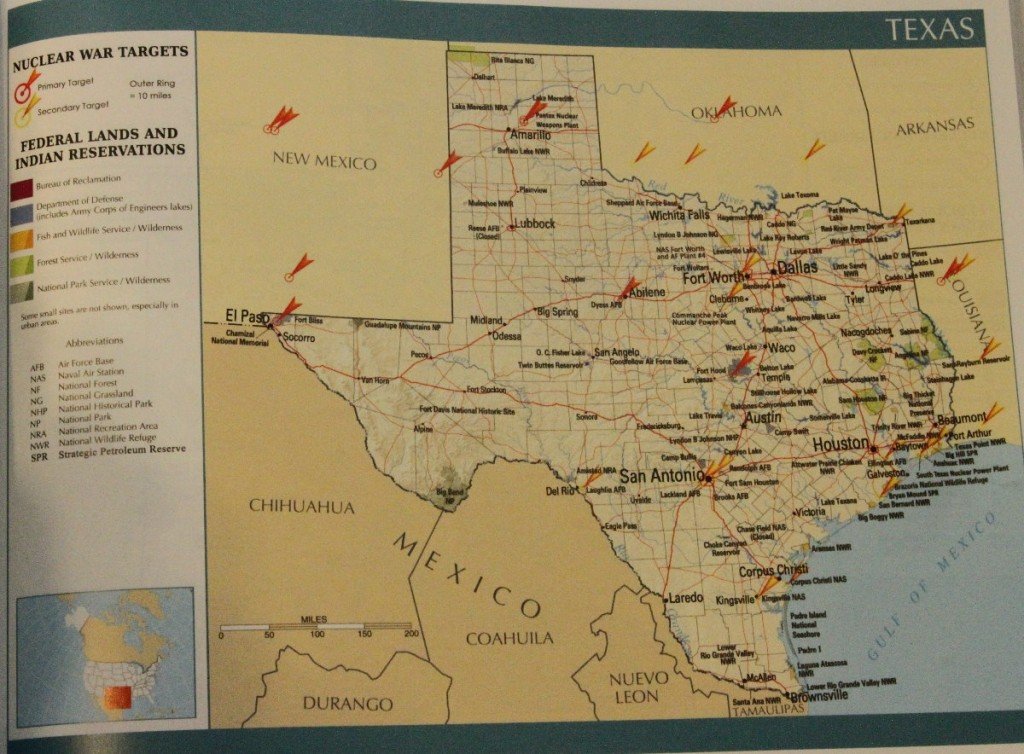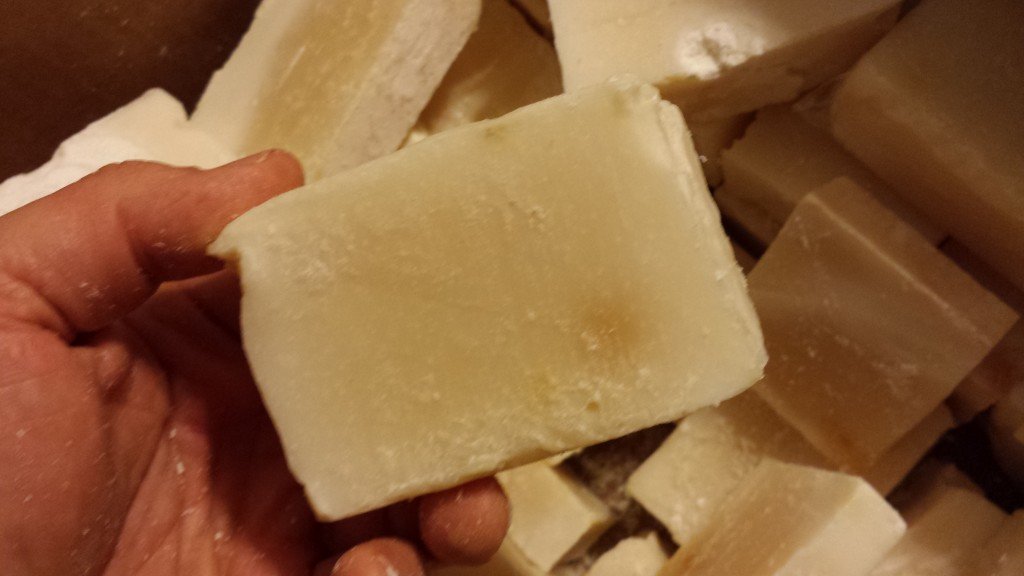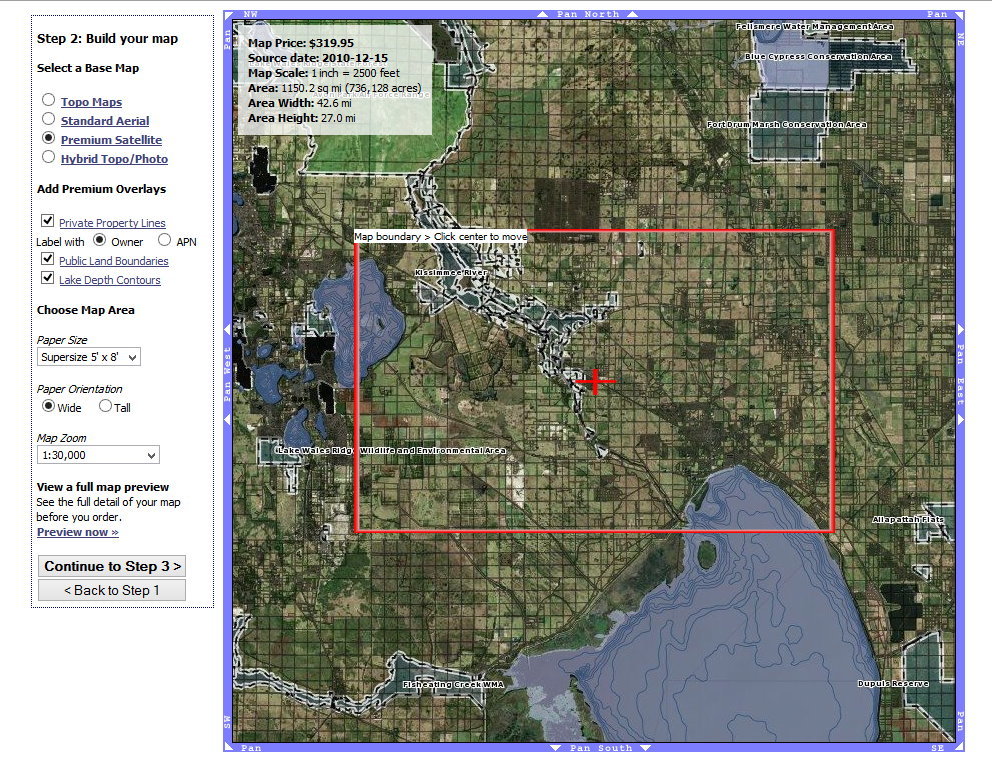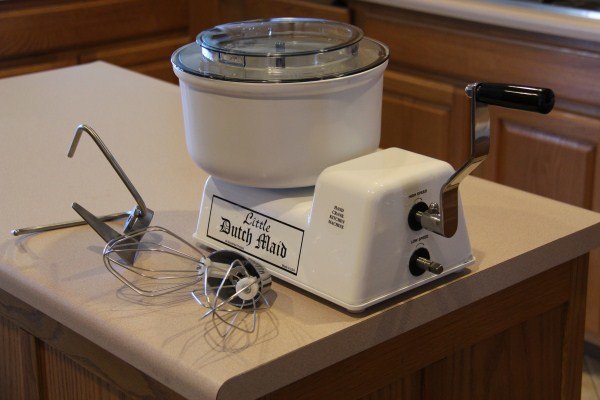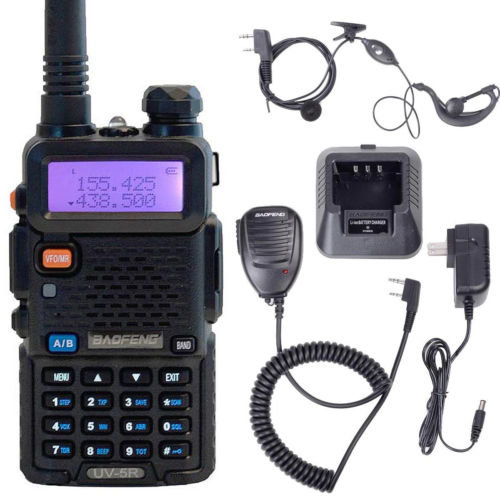Occasionally in this column we devolve into the reasons why many of us feel that some sort of survival strategy at this juncture is prudent. Most people are on a budget, so to divert some of your family resources to prepping that you may end up laughing about 10 years from now can seem a little, well… nuts.
Prepping 101
Show First
Prepping 101: Strategic Relocation – Reality or Elaborate Farce?
Published: October 30, 2014 { 26 comments }Prepping 101: Perimeter Alarms – Low Tech Security for $20
Published: October 26, 2014 { 11 comments }I have pondered the subject of perimeter security for some time and I have decided that it is probably the hardest to come up with a hard and fast rule. You have to sleep at some point. And even if you have enough people to keep watch, how much advance notice will you have? I have looked into 12 volt motion detectors, but so far I have not found a better option than these hand welded alarms on Ebay. They use a standard .22 short nailgun blank, available at Home Depot. If you are handy you could make them yourself, but at $20 each they are a pretty cheap investment for a pretty important aspect of long term survival.
Prepping 101: How to Make Soap
Published: October 19, 2014 { 8 comments }In a survival situation you can’t take anything for granted. Cleanliness is absolutely required, and soap is something you already should be storing in decent quantities. You don’t have to make it yourself, but I just realized that I might as well share how to do it. I’ve been making soap for over a decade and my only warning about making soap is that if you plan to give some to your friends and family, don’t, unless you want to start a free soap business. Homemade, cold process soap made from vegetable oils will eliminate most dry skin issues, and used as shampoo, it will do away with the need for dandruff shampoo. Believe it or not, I’ve even had reports from friends that it gets rid of hemorrhoids. Soap is an interesting product because you aren’t allowed to advertise it with any health claims, but suffice it to say that store bought soap just isn’t the same as homemade.
Prepping 101: Ebola in the US! – 100% Prevention & Treatment
Published: October 7, 2014 { 35 comments }We know how viruses spread. If you stay in your house and don’t have contact with other humans, it is impossible to get a virus. Viruses need a host organism, therefore they cannot be spread through water supplies, especially chlorinated water supplies which most of us drink. Out in public, Ebola can most likely spread through the air, from sneezing or coughing, but there are simple precautions you can take if you absolutely must go out to the store, which I will get into below. Treating Ebola is a crapshoot at this point, but I will explain the splintered logic as to what your options are should you contract the disease.
Prepping 101: Custom Printed Topographic Sattelite Maps – MyTopo from Trimble
Published: September 30, 2014 { 6 comments }Some time ago in this series we covered network-free GPS map product from Trimble for your Apple and Android phones (they still aren’t selling the Iphone one). That product is basically a memory chip containing maps for whatever state you buy, and the phone uses the GPS chip to help you navigate the map. Many people in the comments of that article said “I’d really prefer a printed topo map in a SHTF situation.” And I agree, but when you look at what you get with that product as compared to printed maps, it is a really great buy. For this follow up I decided to look into MyTopo, the $9.95 – $319 printed version of Trimble’s map product, and WOW, you aren’t going to believe how far modern cartography (map making) has come.
Prepping 101: Off The Grid Hand Crank Mixer & Food Processor
Published: September 28, 2014 { 16 comments }From the beginning this column has been about actually going and doing what most people only think about doing. At the height of the “prepper craze,” when the mindless and completely fake cable “reality” shows were popular, it was estimated that for every 10 people thinking about off grid survival, only one was actually taking actions at all. These days, when survival food is on clearance at Walmart, even more people have lapsed into “it isn’t going to happen here.” Because as it turns out, prepping is expensive, and very involved.
Prepping 101: Piecing Solar Power Systems for SHTF
Published: September 19, 2014 { 30 comments }This article is not for the faint of heart. Like many of the overview articles in this Prepping 101 series, the topic of solar systems is fairly simple, but you have to learn the basics to get started. With what is here you should be able to take action and get going while avoiding a huge learning curve and the pitfalls that such a complicated learning curve can entail. In our first article on solar we looked at a very simple do it yourself kit from Harbor Freight. For more than a few light bulbs, that kit is lacking the energy to do much of anything, and it doesn’t even come with a power inverter or battery. The other side of solar is the big money option. Houses are being outfitted with solar every day all over the country. With enough panels and controllers and batteries, you can run your whole house on solar for a totally off grid lifestyle. For preppers, this is not a viable plan. Part of what we are doing has to be kept a secret, because when the system breaks down, we don’t want people to know that we have food, water, radio, and even working lights.
Prepping 101: Live Well! Tips to Make Survival Not Suck!
Published: September 14, 2014 { 29 comments }I forget which zombie movie it is, maybe World War Z? One of the characters says something to the effect that if you stay put in one place, you die. That may be true of real zombies, but that will not be true of the zombies who surround us and who aren’t preparing for the collapse. For the most part, people are decent. And though they may be confused by the fog that their anti-depressants and reality TV put them in, when they finally figure out that one day late was too late, they are going to try to run to where they think they can be saved. That may be a rumor of where a FEMA truck is supposed to show up with food and water. That may be a distant relative that must be able to help them. Ultimately what it means is that the streets will be full of people seeking to get out, or just to find resources, and the street is where you don’t want to be for a long time. But survival is boring, and the food is bland. These are some tips that I thought of that make a lot of sense if you are compiling a bare bones prepper/survival list. They aren’t too expensive and they will add a certain “quality” to life that is 100% better than just surviving.
Prepping 101: DIY Radiation Geiger Kit V2
Published: September 5, 2014 { 13 comments }With the Russian/Ukraine conflict now going hot, we really need to return to the topic of radiation, since both of these are nuclear armed countries, with nukes pointed at us. In part one of this article we covered the basics of inexpensive Geiger counters and the basic need to have one. Radiation is silent. Without a way to measure it where you reside, you will never know if you are being bombarded by a nuclear event, or whether that mushroom cloud you saw in the distance was just a conventional explosion. Dirty bombs, nuclear reactor accidents, suitcase nukes and of course ICBMs are scary things, but with your own Geiger counter you will instantly know if you are in danger or if, for now, you are not in danger. In this article we will use the $80 Version II MyGeiger kit that I ordered pre-soldered ($12), and the $20 SBM-20 Geiger tube. We will take a look at the actual numbers when it comes to radiation, as well as the free logging software. And most importantly, we will discuss the only preventative measure that you an take to protect you from radiation poisoning. It worked on nearly 100% of those treated after Chernobyl. If a nuclear event is coming, those without this key inexpensive ingredient on hand will not be happy campers.
Prepping 101: Radio Communications – When TV, Radio & Internet Go Dark
Published: August 31, 2014 { 63 comments }As you probably have surmised by now, this column is really about taking a global collapse seriously. Radio communication is one subject that I find taken for granted in most of the internet press and supermarket survival magazines, but if you don’t understand the basics of what radios can be used for what types of communications, and go out and actually buy them, you will truly leave yourself in the dark when all of the standard communications go down.

